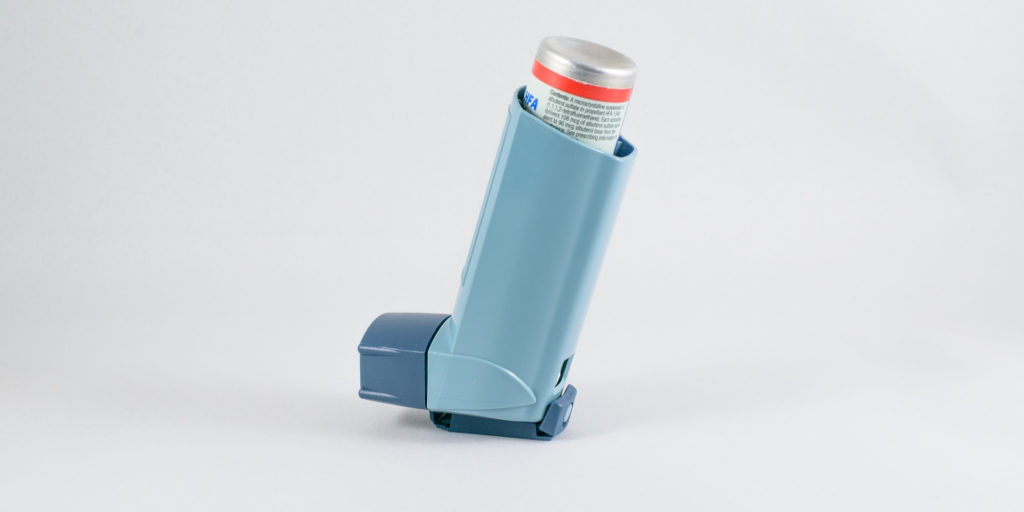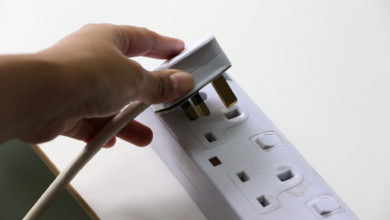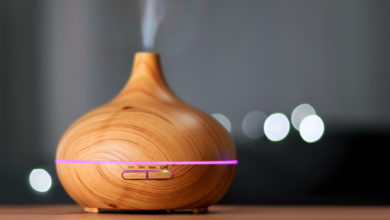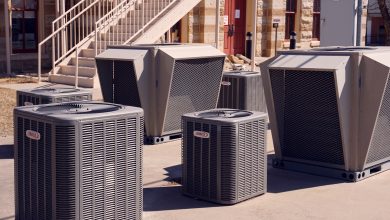The humidifier vs dehumidifier discussion is rather straightforward but vital for any homeowner to understand. There aren’t that many differences between humidifier and dehumidifier devices – the main distinction is self-evident from their names – a humidifier will increase the humidity in the air and a dehumidifier will decrease it.
When we talk about humidifier versus dehumidifier, however, it’s important to mention all the practical differences and consequences between using either of these items, not just the main principle difference. Both devices are fairly new inclusions to the modern household and both are still viewed with quite a lot of distrust from the more conservative thinkers among us. Upon mentioning either device you can hear phrases such as “Why do I need this weird device when I’ve been fine without it so far?” or “My parents and grandparents never used a humidi-thing and they lived to 80!”, and so on, and so forth.
So, what is the difference between a humidifier and a dehumidifier, and why would you need either of these devices?
What does a humidifier do?
Simply put, humidifiers are machines with water reservoirs that need to be refilled regularly and use said water to release moisture vapor into the air. Warm air humidifiers release steam while cold air humidifiers typically release a type of mist. Both types of humidifiers effectively increase the overall humidity in the air around them.

What does a dehumidifier do?
Dehumidifiers are used for the opposite reason – when the air in your home or office has gone above 60% or even just above 50%. Dehumidifiers work by taking in the air around them, passing it through an evaporation coil and a condenser coil, and releasing it back into the room, drier than before.
The moisture collected by the dehumidifier is either stored in a bucket that needs to be regularly emptied or is drained through a hose. Dehumidifiers are great not only for maintaining a good relative indoor humidity but to treat water damage as well.
What is the best humidity level for your home and why?
The ideal indoor relative humidity is usually between 40% and 60%, although certain situations or health conditions can be even more demanding and require an ideal humidity of 45% to 50%.
If the indoor humidity is too low…
Insufficient air humidity can lead to respiratory distress, lip cracks, skin irritations, dry eyes, and susceptibility to various conditions. A big reason why diseases such as the flu are common during the colder months is that the air is typically drier and the viruses thrive more easily in it. Dry air can also cause the wood in our homes to shrink and crack.
If the indoor humidity is too high…
High humidity levels typically lead to things such as mold and other fungal infections. It also causes wooden furniture and frames to absorb the moisture and expand. The risk of insect infestations is also greater at higher humidity as a lot of insects and parasites require high air moisture to thrive. Furthermore, moist air makes it harder for heat to travel through the air which means higher heating bills for our homes and poorer body heat regulation for us. Air that’s too humid can also trigger conditions such as asthma.
Humidifier vs dehumidifier for colds and other respiratory problems

Humidifier vs dehumidifier in the winter
During the winter months, humidifiers are usually the way to go as the air is drier during the winter months. A good humidifier can help remedy that and protect us from easily catching colds. The only significant reason to use a dehumidifier during the colder months (aside from having asthma) is if the relative moisture in your area is high even during that time of the year.
Humidifier vs dehumidifier for mold
Mold and other fungal infections are dependent on high air humidity to thrive so using a dehumidifier to bring the air humidity below 50% is the best way to combat that problem.
Humidifier vs dehumidifier for the basement, attic, or garage
More often than not you’d want to use a dehumidifier in your basements, attics, and garages, in order to remove the moisture levels there and protect them from the mold. These places also often suffer from water damage which a good dehumidifier can help with as well. You’d typically only use a humidifier in these places if the humidity is unhealthily low and/or if you’re afraid of fires.
Conclusion
Both of these devices are incredibly useful and most households end up needing either of them at one point or another. They serve very opposite yet similar functions – to balance and maintain healthy air humidity in your environment and thus guarantee a healthy and long life for both your family and your home.





